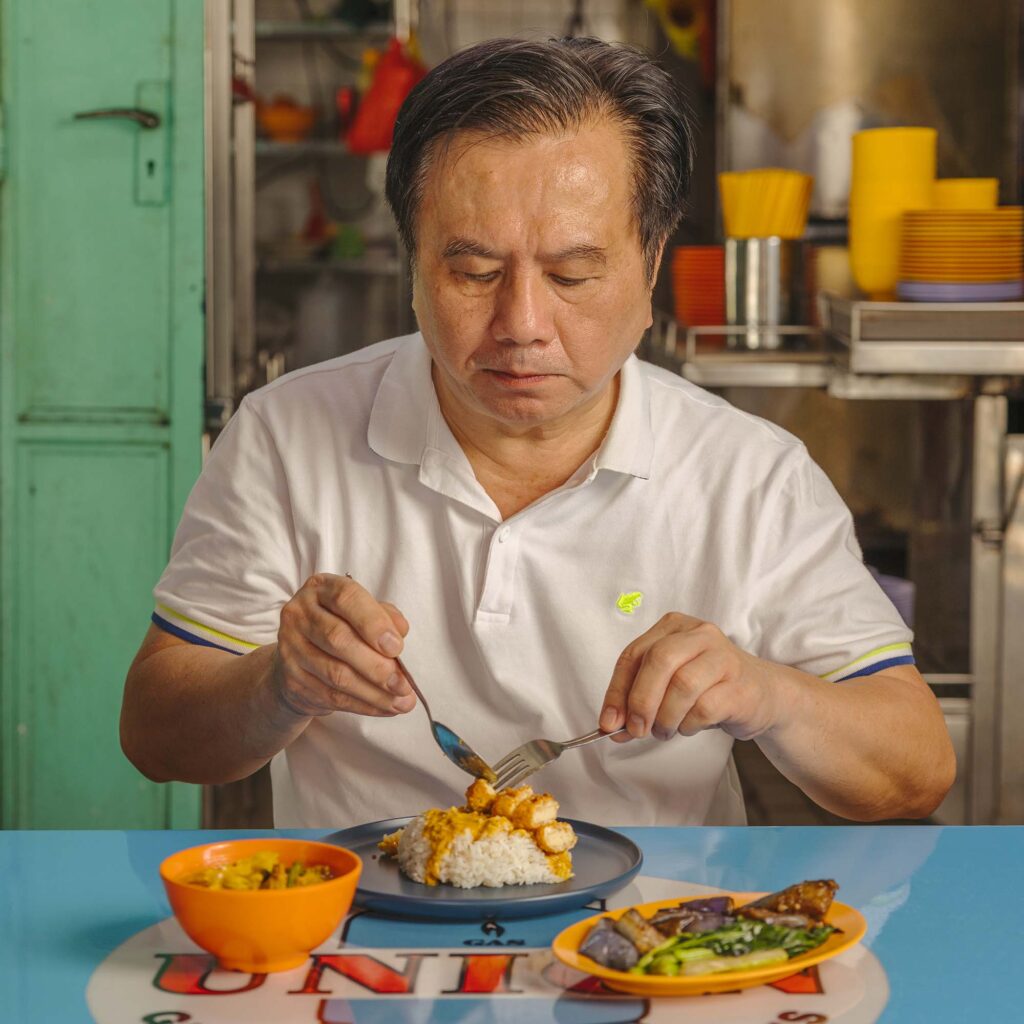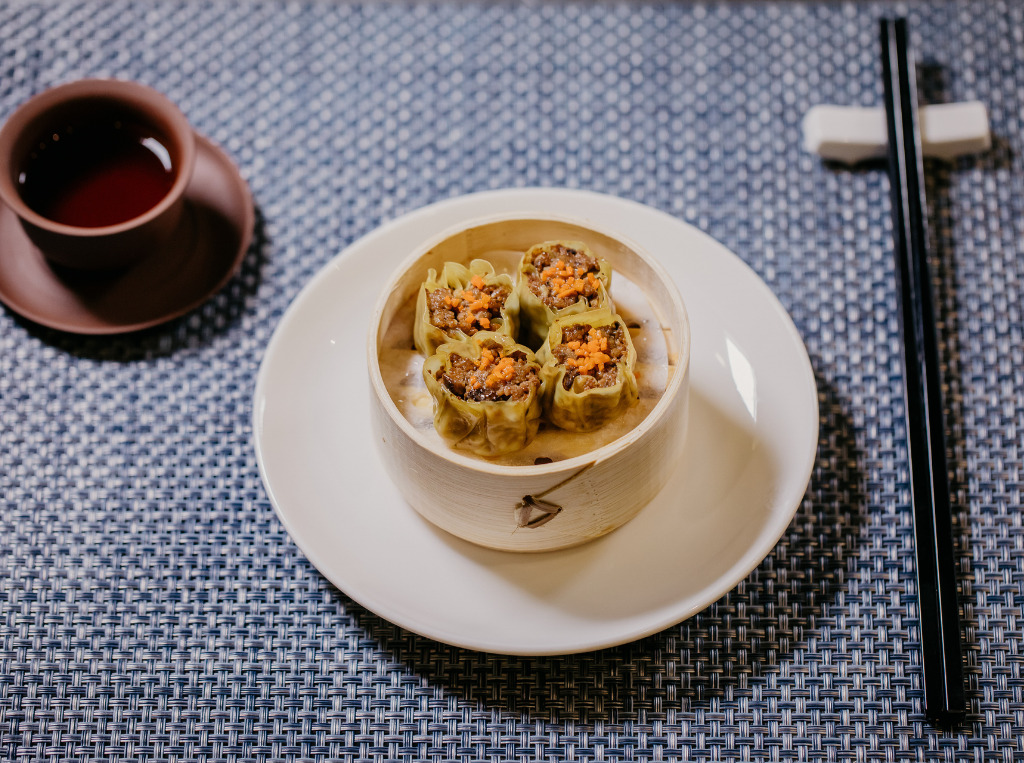8 Mins Read
Singapore is renowned for its position as an alternative protein leader – a new study reveals how members of the general public as well as scientific experts feel about cultured meat, and its effects on general health and society.
Soon, it will be three years since the Singapore Food Agency granted Eat Just’s Good Meat the world’s first regulatory approval for cultivated meat. It consolidated the island nation’s position as a flagbearer of food tech innovation and progressive policymaking.
It has led to an influx of startups across all the alternative protein pillars, with Singapore being home to the highest number of companies across biomass fermentation (39%), cultivated (33%) and plant-based (21%) startups in APAC. In fact, at least 25 non-local companies have a presence in the city-state for R&D and business development, with 24% of all APAC alt-protein startups based here.
This is according to industry think tank the Good Food Institute APAC’s State of the Industry report for 2023, which also highlighted how consumers in Singapore are the most sceptical of plant-based meat (alongside Malaysians). The country has the highest number of ‘rejectors’ as well, i.e. people who want to reduce their intake of meat alternatives.
In a similar vein is a recent study published in the Plos One journal, which looked at how the public as well as scientific experts view cultivated meat in Singapore. It relied upon focus group discussions attended by 29 members of the public and 11 experts from research institutes and academia, with each session lasting about two hours.
What the public thinks

Public members discussed two main health benefits of cultivated meat: functional foods and higher food safety, with the nature of the product meaning it could be engineered to be more nutritious and healthier than conventional meat. Produced in bioreactors, cell-cultured meat is also thought of as cleaner and carries a lower risk of transmitting zoonotic diseases. Additionally, the general public believed that cultivated meat could provide expanded options for meat-eaters, while potentially being more wallet-friendly as increased demand would mean lower prices for conventional meat.
In terms of societal benefits, food security was identified as a key benefit, especially given Singapore’s heavy reliance on imports – over 90% of its food supply comes from other countries. Cultured meat can help the country grow its own meat and become more self-sufficient, all the while diversifying its food sources, and mitigating supply chain vulnerabilities. It could help address food shortages and malnutrition too.
This, in turn, would bring benefits to the economy, with reduced meat imports, increased foreign direct investments and more jobs being mentioned as three key aspects. Plus, there’s the land use question: GFI analysis reveals that cultured meat grown via renewable energy needs 95% less land than conventional meat. As a land-scarce nation, public participants said cultured meat can alleviate this challenge, further noting wider environmental positives, alongside animal welfare benefits.
Despite the idea that cultivated meat could help avoid zoonotic diseases and be a cleaner food source, many expressed concerns about the long-term effects of these novel proteins on human health, with apprehensions stemming from the use of additives and preservatives, doubts over nutritional deficiencies, as well as a perceived naturalness. Others are unsure about the science, processing methods, and regulations governing its production. And for many consumers, price is a key barrier, calling it the primary factor influencing their purchasing decisions.
There were also worries about health effects at a societal level, with questions raised around the transparency and qualifications of cultured meat suppliers, as well as the overconsumption of these proteins, which was likened to high diet soda intake. Finally, resistance from religious communities was identified as a potential societal risk too, as certain racial and ethnic groups could find cultured meat adoption challenging. There is a need for relevant certification to enhance acceptance, as has been the case with cultured meat’s halal certification.
Mirte Gosker, managing director of the Good Food Institute APAC, compares this situation to the shift to electric vehicles (EVs). “For EVs, initial market hesitations surrounded vehicle costs, battery range, and concerns about a lack of available chargers, which consumers worried could affect how reliably they can get from place to place,” she explains. “Those are challenges that EV producers, researchers, and governments all took seriously and began investing in solutions to mitigate, which has helped alleviate consumer hesitation in many markets.”
She adds: “There will be a long learning curve as consumers weigh how cultivated meat could potentially fit into their lives with minimal disruption to their existing day-to-day practices.”
What scientific experts think

In terms of cultivated meat experts, there were two main upsides for personal health: individual health benefits and increased food options. There was talk about how cultured meat could be improved with certain bio-nutrients and mitigate risks traditionally associated with animal meat, such as pesticide exposure. The experts echoed the public’s point about an expansion of choices, providing consumers with a chance to “diversify our diet”.
When it comes to societal benefits, the predominant topic of discussion was food security, with experts viewing it as a significant advantage of cell-based meat. These proteins can offer stability during supply chain disruptions and ensure the continuity of food production, becoming “a valuable benefit for society”.
However, the experts did raise concerns about personal health risks, with some feeling the tech is still immature and more long-term research is necessary. Gosker explains that it is “a professional requirement for scientific experts to have questions, especially for a new technology like cultivated meat”. She points to the safety assessments made by the FDA in the US, the FSA in Singapore and the FSANZ in Oceania, as well as a 2023 UN FAO report that concluded: “The food safety risks of [cultivated] meat are similar to those of conventional meat, and they can be contained through proper handling and testing as with conventional meat.”
“In the study, the open questions outlined by scientific experts – which were outnumbered by the potential benefits they noted for food safety and security – mostly pertain to market acceptance and driving down the costs of cultivated meat production through investment and innovation,” she tells Green Queen. “These are anticipated growing pains and challenges that GFI’s global teams are proactively working to resolve through technical guidance and open-access R&D funding, but there is also a clear need for governments around the world to play a much larger role.”
There were affordability considerations at play as well, as cultured meat products are much more expensive than their conventional counterparts, which is a major barrier to widespread adoption and acceptance. Investment risks were brought up as well by the experts in focus groups, calling the industry “challenging” and a “commercial liability”, and noting that most vegetarians would not be inclined to eat cell-cultured meat.
Speaking to this, Gosker explains: “Just as the clean energy transition requires and deserves public investment, so does our transition to alternative proteins. For perspective, the cultivated meat sector has received – over the course of its entire history as an industry – less than $3B in global investment, 98% of which have been equity investments across more than 100 companies. That is less than the cost of one single EV battery plant. This illustrates just how early in the scale-up and cost-reduction processes the industry is at this stage and how much more room it still has for growth.”
Differences, similarities and misconceptions

Both the public and experts displayed similarities as well as differences in their perception of these novel foods. For example, both sets of focus group participants agreed that cultured meat presents personal health benefits, expands food options, and ensures food security. Similarly, they expressed concern about long-term health risks and affordability.
But the general public held a much broader view of societal risks and benefits compared to the experts, who did so for personal health risks. For instance, when it came to the societal aspects, the general public mentioned benefits for land use, animal welfare, and the Singapore economy, as well as risks around public health and potential resistance from certain racial and religious communities – ideas not mentioned by the experts, highlighting the key considerations of consumers.
It’s a topic GFI APAC’s industry-wide surveys have highlighted, given that huge swathes of Asia’s population adhere to such religious standards. “It is essential for religious bodies and third-party certification agencies to work closely with regulators and industry stakeholders to determine how cultivated meat and seafood producers can best align with their requirements,” says Gosker.
The study also exposed some misconceptions surrounding cultivated meat. Some members of the public associated these proteins with plant-based meat. And while they thought of cultured meat as environmentally beneficial, experts were more sceptical due to a lack of sufficient scientific evidence. “Open-access research publications provide increased transparency about the cultivated meat production process, which could be beneficial in clarifying for consumers how novel foods get to their plate,” says Gosker.
“Public information campaigns by trusted government agencies and experts can be very effective in dispelling misinformation and educating consumers about the many health benefits of cultivated meat,” she adds.
Key questions lie for cultured meat in Singapore

“In previous consumer perception studies, many Asian consumers have expressed a strong desire to try products that they perceive to be innovative or deliver added values not previously available to them,” says Gosker. “This could give a boost to brands that use novel ingredients and formulations, such as hybrid products that combine ingredients from plants, microbes and cultivated animal cells to create flavourful and nutrient-dense products and ingredients.
“Such products will have a much easier time achieving price parity in the short term, while scientists continue to refine techniques for cost efficiency on fully cultivated products. Not surprisingly, Singapore has proven to be an early global leader in advancing the hybrid protein space.”
So, where does that all leave us? Gosker says the study is a useful blueprint for how similar research can be conducted in other APAC countries. She also mentions the importance of tackling food neophobia, and how producers and governments can increase consumer confidence in cultivated meat. Many of these steps were highlighted in a landmark report by the UNEP published during this year’s COP28.
Ultimately, she notes, the question is: “Can cultivated meat deliver all of the flavour, value, and nutrition that consumers currently get from conventional meat? If it can, and the products come with clearly communicated benefits like a complete absence of microplastics and reduced risk of transmitting zoonotic disease, many consumers will see the value in making the switch.”




